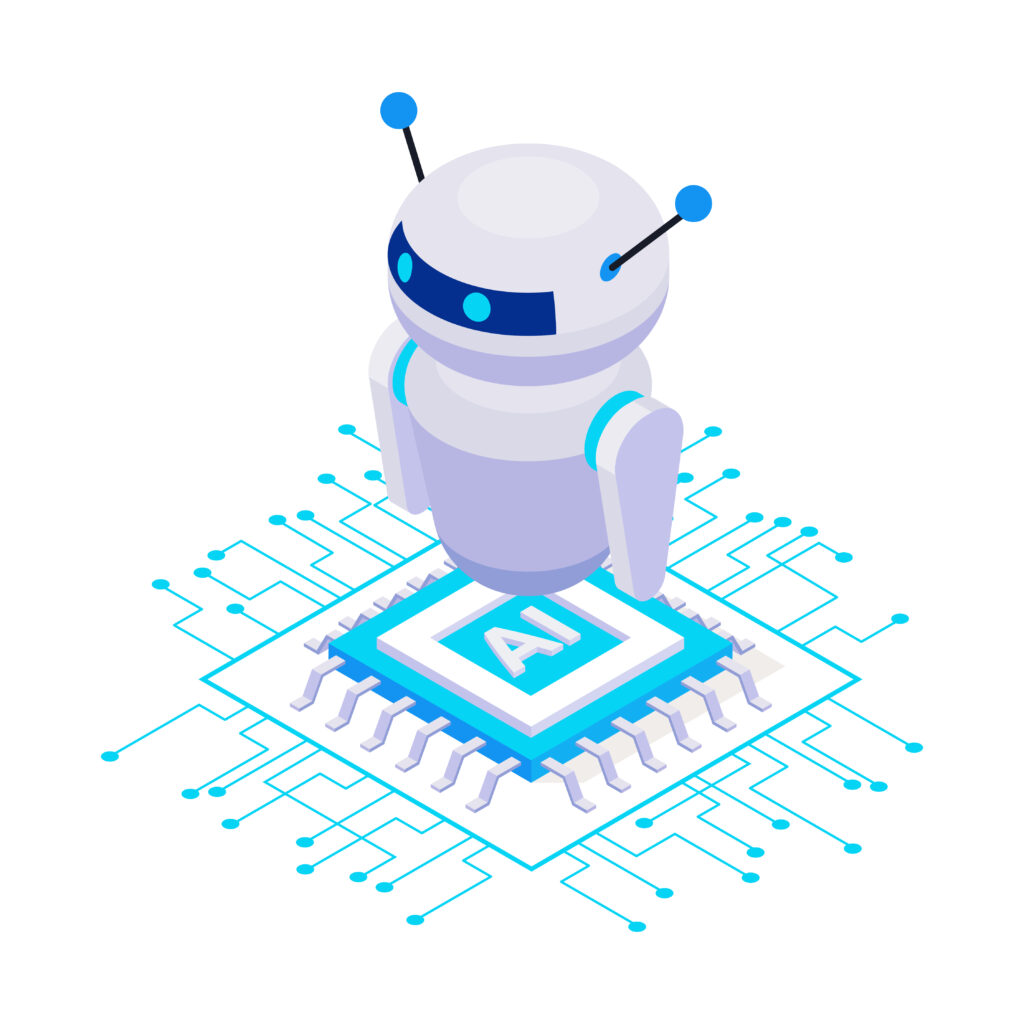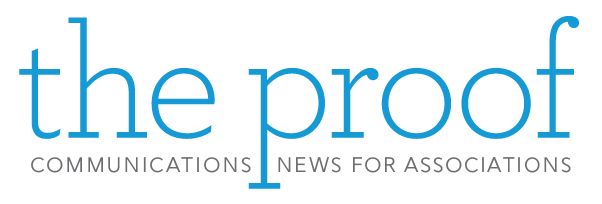
Artificial Intelligence (AI) has emerged as a transformative technology, revolutionizing various industries. In the realm of workforce management, AI holds immense potential to enhance efficiency, productivity, and innovation. By leveraging AI-powered tools and solutions, organizations can streamline processes, make data-driven decisions, and unlock new opportunities. In this article, we will explore eight ways in which artificial intelligence can positively impact the workforce.
1. Intelligent Automation:
AI enables intelligent automation, where repetitive and mundane tasks can be automated, freeing up human workers to focus on more strategic and creative endeavors. From data entry and document processing to customer support and inventory management, AI-driven automation can significantly reduce human error, minimize costs, and accelerate workflows.
2. Augmented Decision-Making:
Artificial Intelligence systems can analyze vast amounts of data, extract insights, and provide recommendations to support decision-making processes. By leveraging machine learning algorithms, organizations can make data-driven decisions, anticipate market trends, and optimize resource allocation. AI acts as a valuable decision-making tool, augmenting human intelligence with enhanced accuracy and speed.
3. Enhanced Customer Experience:
AI-powered chatbots and virtual assistants can revolutionize customer service by providing instant and personalized support. Natural language processing capabilities enable chatbots to understand and respond to customer queries efficiently. AI can also analyze customer data to identify patterns, preferences, and sentiment, enabling organizations to offer tailored experiences and anticipate customer needs.
4. Talent Acquisition and HR:
Artificial Intelligence can transform the recruitment and HR processes by automating candidate screening, analyzing resumes, and conducting preliminary interviews. AI algorithms can match job requirements with candidate profiles, enhancing the efficiency of talent acquisition. Additionally, AI-powered analytics can provide insights into employee engagement, performance, and retention, aiding HR professionals in creating a more productive and satisfied workforce.
5. Predictive Maintenance:
In industries such as manufacturing and logistics, Artificial Intelligence can enable predictive maintenance by analyzing real-time data from sensors and machines. By identifying patterns and anomalies, AI algorithms can predict potential equipment failures, allowing for proactive maintenance and minimizing costly downtime. Predictive maintenance optimizes operational efficiency and reduces maintenance costs.
6. Personalized Learning and Development:
AI-driven learning platforms can deliver personalized training and development programs to employees. By analyzing individual learning patterns and preferences, AI algorithms can recommend relevant content and adapt training materials to cater to each employee’s needs. Personalized learning enhances employee skills, boosts engagement, and supports continuous professional growth.
7. Data Analytics and Insights:
Artificial Intelligence empowers organizations to extract meaningful insights from vast volumes of data. AI algorithms can identify patterns, correlations, and anomalies in data, enabling organizations to make informed decisions and identify new business opportunities. AI-powered analytics streamline data processing, allowing businesses to unlock valuable insights and gain a competitive edge.
8. Workplace Safety and Risk Mitigation:
AI can enhance workplace safety by analyzing real-time data and identifying potential risks or hazards. For instance, AI-powered cameras and sensors can monitor environments for safety violations, such as unauthorized access or equipment malfunctions. AI-driven algorithms can alert workers and management in real-time, enabling proactive intervention to mitigate risks and ensure a safe working environment.
Artificial Intelligence offers numerous possibilities for organizations to optimize their workforce and achieve higher levels of productivity, efficiency, and innovation. By embracing AI-powered solutions, businesses can automate routine tasks, improve decision-making, enhance customer experiences, and foster a culture of continuous learning and development. AI acts as a powerful enabler, augmenting human capabilities and transforming the future of work. Embracing AI within the workforce is not only a competitive advantage but also a strategic imperative in today’s fast-paced and data-driven business landscape.








